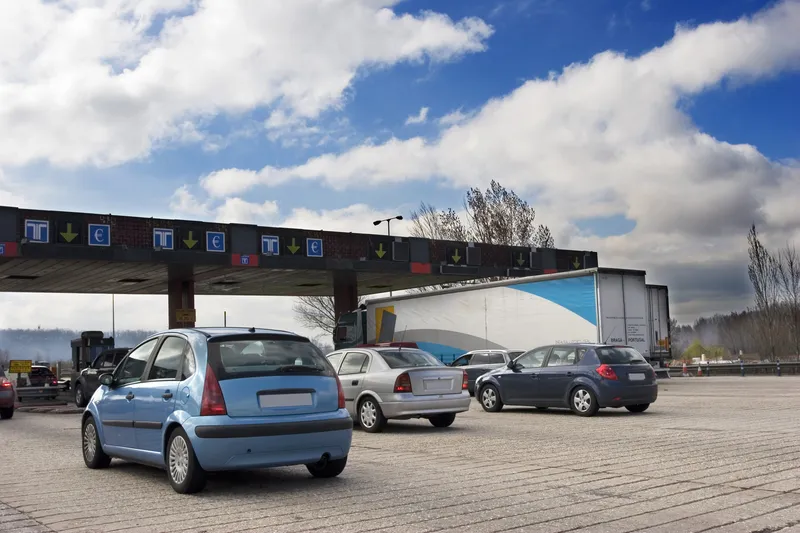Thales is to provide the UK’s Network Rail with its Aramis traffic management system (TMS) at two new Regional Operating Centres (ROCs) in Romford and Cardiff.
This will be the first time that the internationally proven TMS technology has been deployed in the UK, and is part of Network Rail’s significant investment targeted at improving rail network performance and capacity. When rolled out nationally, TMS technology will help Network Rail integrate, operate and manage the UK rail network through twelve
May 30, 2014
Read time: 2 mins
This will be the first time that the internationally proven TMS technology has been deployed in the UK, and is part of Network Rail’s significant investment targeted at improving rail network performance and capacity. When rolled out nationally, TMS technology will help Network Rail integrate, operate and manage the UK rail network through twelve state-of-the-art ROCs.
This new contract, valued at US$47.5 million, follows Thales’s partnership with Network Rail on its innovative Intelligent Infrastructure programme, which is already significantly reducing train delays caused by asset failure. The award-winning programme is believed to be the largest real-time condition monitoring system for the rail sector globally – now monitoring over 30,000 assets in real time.
“We share Network Rail’s vision of a world-class railway for the UK; one that is the envy of train operators across the globe. Our selection for this first phase of the TMS programme is a huge step in our relationship with Network Rail, and we are hugely excited to bring our global TMS expertise to the UK. This is a great example of how we can leverage our significant domestic and global resources to help Network Rail achieve their goals and fulfil their future technology strategy requirements,” said Victor Chavez, CEO, Thales UK









